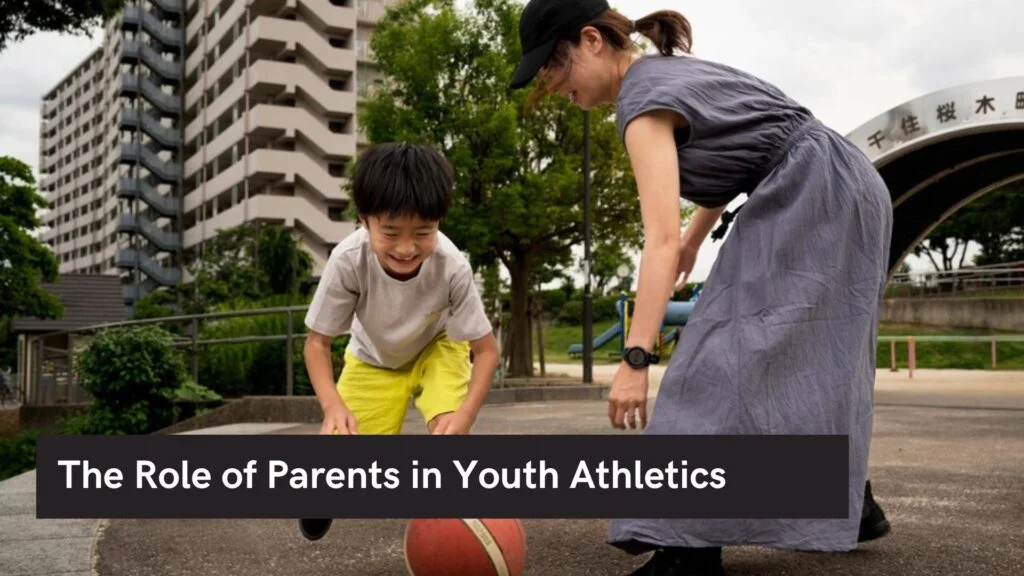How Parents Can Help Build Thriving Young Athletes, Sports participation is a powerful tool for children’s development. As parents, you play an essential role in supporting your young athletes in this enriching adventure. We understand the challenges and joys that this entails. The article herein provides some practical tips to see your children shine in the sport while benefiting from it. Prioritize Fun Above All, Sports should be fun. Instead of focusing on competition or results, encourage your child to enjoy the journey.
Participate with your child in fun sports activities, whether it’s a family picnic in the park or a joint workout. This system allows the children to freely experiment and develop their skills without the associated pressures. Foster Autonomy, Allowing your children to make decisions about their sporting activities is definitely a great thing. It can involve decisions about what sport to play, how much to participate, or at what pace. Could either of these approaches be useful to develop independence and intrinsic motivation to choose interests? Young athletes who feel they can control their own career paths tend to experience a higher level of engagement and satisfaction.
The Role of Parents in Recognize Effort and Progress
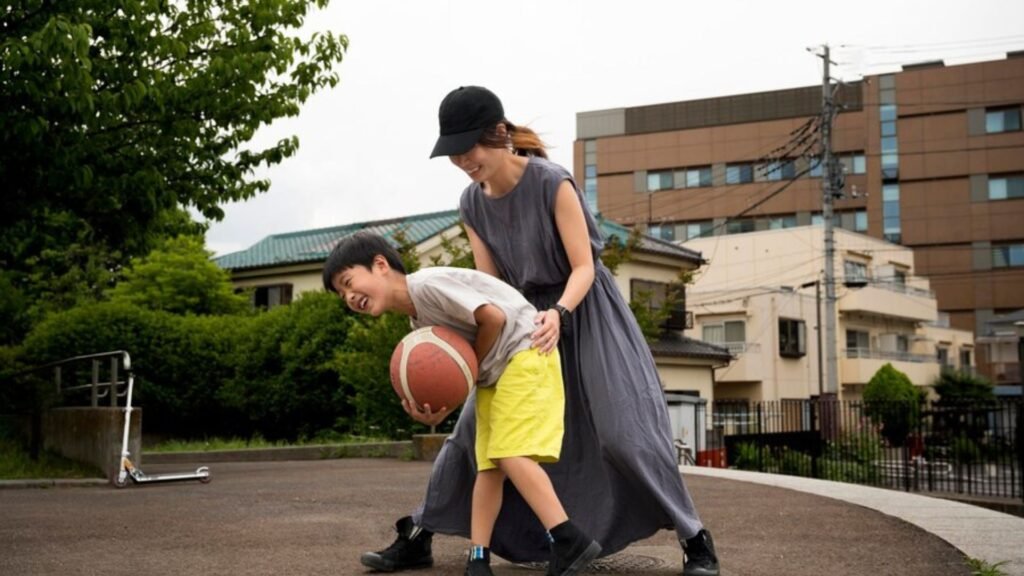
It doesn’t matter how much energy you put in; success pays off. Of course, not every little win or stride will translate into immediate success. Celebrating progress along the way urges your child to develop self-confidence and understand that success comes from hard work and commitment. Promote a Healthy Balance: Balance between sports, academics, and recreation is important. Encourage your children to take part in as many activities as possible so they acquire different skills and may not feel the pressure of only one discipline.
Be a Role Model: Parents are usually role models for their children. Set an example by adopting a positive attitude during challenges, be it winning or losing. Discuss lessons learned after failing and demonstrate that learning is a continuous process. This makes children grow with a mindset that lends itself to believing in the efficacy of sport as a school of learning. Communicating with Coaches: The open lines of communication with coaches. These should touch on aspects like the type of team meetings available, expectations, goals, and concerns.
The Role of Parents in Learning to Manage Failure
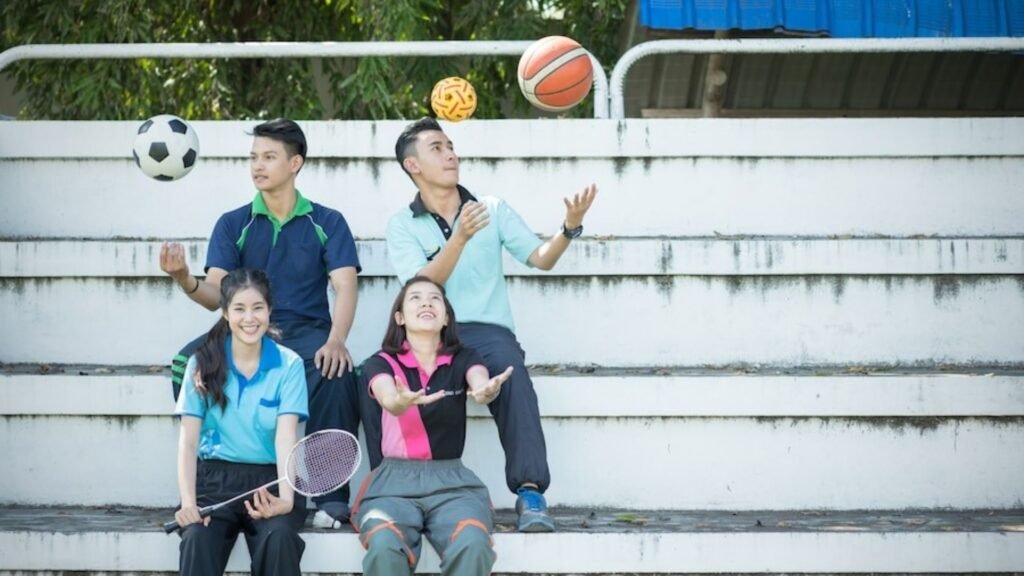
Failure is proving to be a constant companion in every sport. Educate your children not only that it will happen but also how to learn from it; share with them all your horrible experiences dealing with failures, and how they have brought you to where you are now. Show them that failure happens, and that it shouldn’t make them feel less as a person. Get Involved in Physical Activities: Letting parents participate in physical activities proves great for developing relationships among the family members within an atmosphere that promotes such activities.
Watching games with the kids, helping organize events, or training as a family creates sentido but moreover affinity with the children that sports are indeed a shared adventure. Family Kindness and Support, It’s a fine line between encouragement, independence, and managing kids’ expectations to raise successful young athletes. As parents, you get to create that sports experience for your child and guide them with a gentle hand all the way. we’re here to help you with that, offering courses and private lessons tailored to the needs of each child. Together, let’s raise generations of happy, confident, and fulfilled athletes.
The Role of Parents in Academic Transitions Facing Athletes
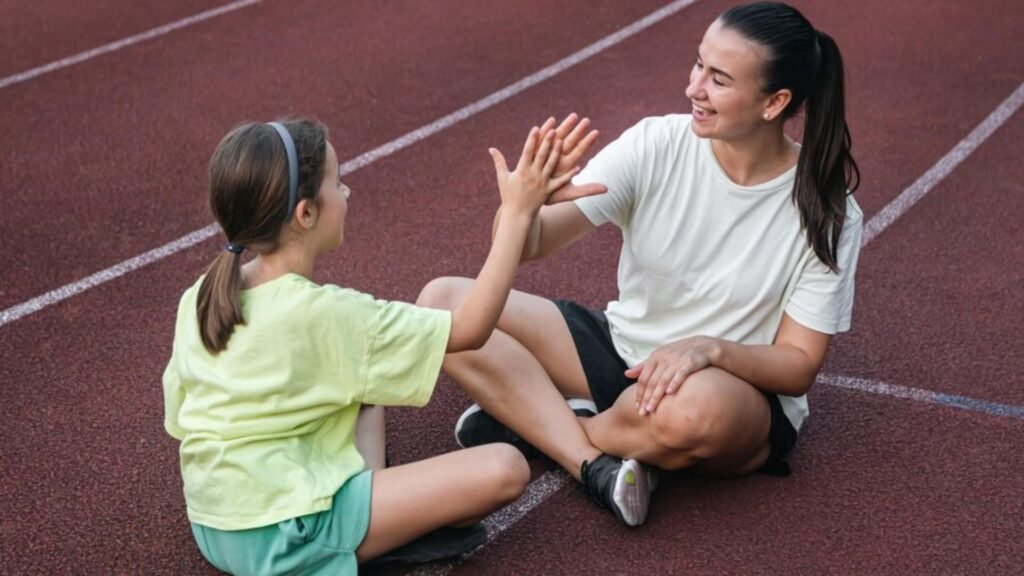
Because schooling is compulsory until about the ages of 16 and 17, most athletes undergo an overlap between their athletic and academic lives (Den Knop et al., 1999). The normal transitions in life, such as moving between levels of education in the USA, are generally connected with transitions in a basketball player’s life: from being a youth player with the junior high school team, moving on to the high school team to play, then to college, and finally to that of a professional player (Petitpas et al., 1997). In non-professional sports, Beamish (1992) showed that 6 out of 10 Olympic selections in Canada were at the time students when they participated in the Olympics, while in the case of the Sydney Olympic Games, it was found that 1 out of 10 Belgian athletes was in training or had just finished university.
Dual role students-athletes put individuals in a position of investment regarding time and energy resource available for developing their potential in two achievement areas (De Knop et al., 1999). This has been confirmed by many findings that preparation toward academic study or professional training, on the one hand, or following an occupation, on the other hand, has been a main reason for talented athletes to retire from sports (Bussmann & Alfermann, 1994; Greendorfer & Blinde, 1995; Koukouris, 1991; Petitpas, Brewer & Van Raalte, 1996; Wylleman et al., 1993).
Conclusion
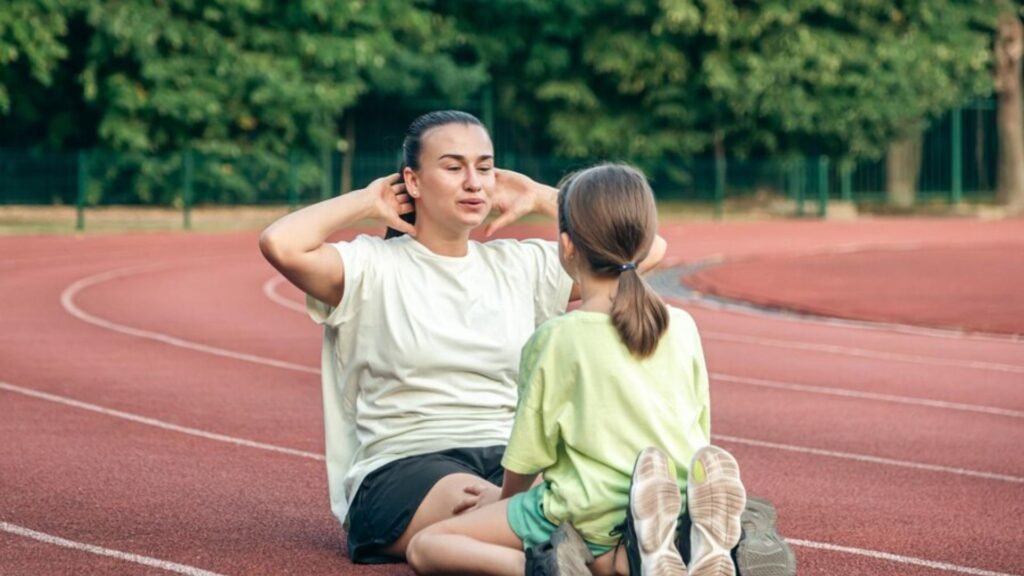
Primary education normally lasts for children from about the age of six until the age of 11 or 12 in Europe. In sporting activities, these children will apparently be at the very beginning of their initiation phase. It is during this time in which they may learn to distance themselves from their parents and become exposed to such persons as new adults (the teachers) and other children with whom they will now share most of their awake hours.
After primary schooling comes about a certain type of separation individuation whereby the children must learn to deal with a separation from their primary caregivers, their parents and guardians. They must also learn to understand and appreciate how they are different from their parents and other adults and children. They learn that schooling is not all “play” but rather requires “serious work” (to attend and concentrate, to put in effort, to submit to, and to be able to learn from the [adult] teacher in order to produce outputs, etc.) in a regulated and organized environment.
Read more: How to Get Your Child Interested in Sports
